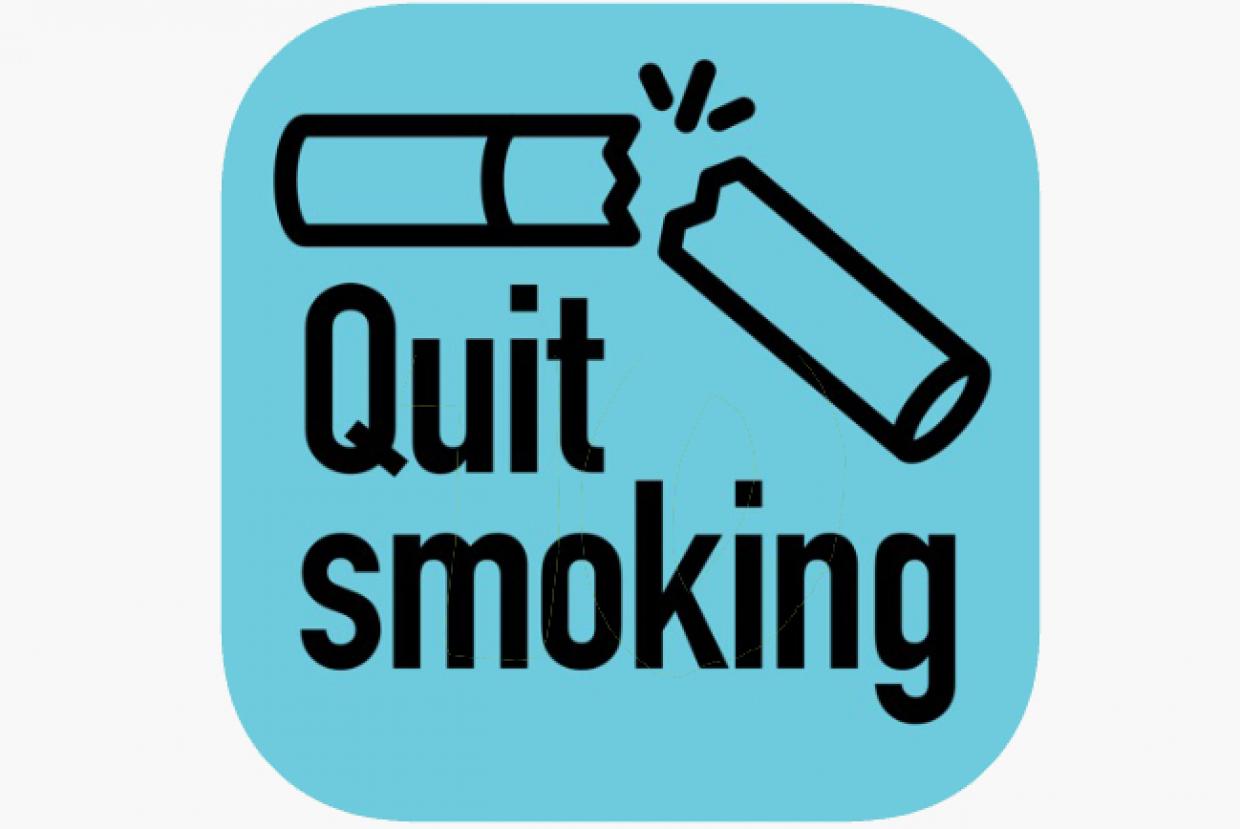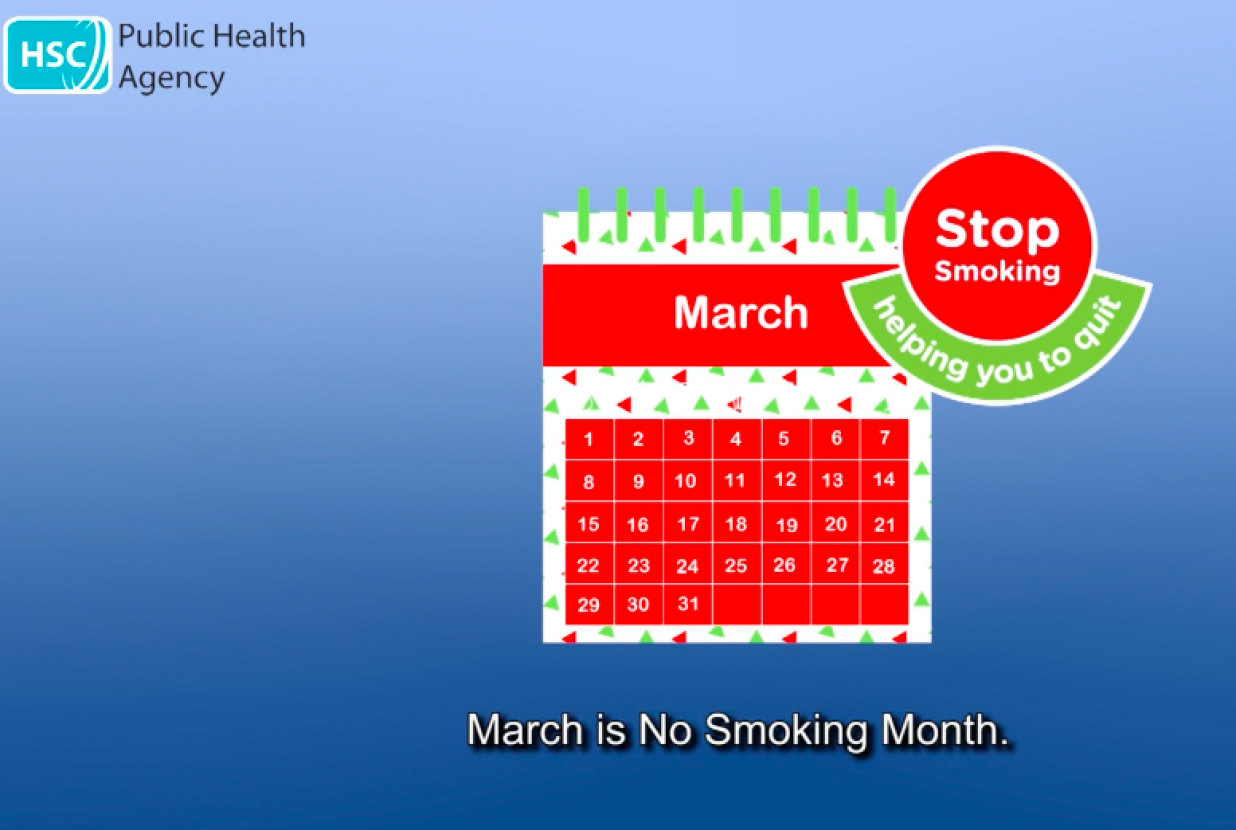10 Myths About Stop Smoking Treatments
There are often myths and misconceptions surrounding nicotine and stop smoking medicines including nicotine replacement therapy (NRT) and prescription tablets. Here are 10 common myths, and the truth behind them.
1. MYTH: Stop smoking treatments don't really work
THE FACTS: Research suggests that NRT and prescription stop smoking tablets (Champix and Zyban) can double your chances of successfully quitting. All stop smoking treatments work better when used alongside a programme of stop smoking support, which includes:
- setting a quit date
- committing to the "not a single puff" rule
- having a plan for dealing with things that make you reach for a cigarette
- getting support from a trained stop smoking advisor, or speaking with your GP/pharmacist
2. MYTH: Nicotine causes cancer
THE FACTS: This is wrong. Nicotine doesn't cause cancer. It's the other toxic chemicals in cigarettes, such as tar and carbon monoxide, that damage your health. Products like NRT and e-cigarettes provide nicotine your body is craving but nowhere near the amount of harmful chemicals found in cigarettes.
3. MYTH: Using more than one NRT product at a time, or at the same time as an e-cigarette is dangerous
THE FACTS: No, it isn't. In fact, using more than one NRT product at a time – known as combination therapy – can be a good thing as it often increases your chances of success. A popular strategy is to use nicotine patches to provide a background level of nicotine, in combination with a faster acting product such as gum, lozenges, nasal spray, or an e-cigarette to help with sudden cravings.
The maximum strength of nicotine for use in e-cigarettes sold in the UK is 20mg/ml. There is no risk of serious harm from nicotine poisoning when vaping e-cigarettes. Nausea and vomiting are the most likely side-effects if someone is absorbing excessive amounts of nicotine. Care should be taken when handling and storing e-liquid and they should be kept out of the reach of children.
4. MYTH: Champix and Varenicline will make me feel depressed
THE FACTS: There is no evidence that use of champix increases the risk of depression, and it has been shown to be safe and effective for people with mental health problems. In fact, more than 6 in every 10 people who used Champix with the support of their local stop smoking service stopped smoking for a month or more.
One of the short-term potential side-effects of stopping smoking (regardless of medication used) is low mood. Therefore it is advisable to talk over any concerns with your doctor or NHS stop smoking advisor beforehand, especially if you've had depression or another mental illness before. Be aware of your mood while you are quitting and tell your doctor if you notice any change.
5. MYTH: Nicotine replacement therapy is expensive
THE FACTS: You should be able to get NRT or Champix either for free, or for the cost of a prescription, from your local NHS Stop Smoking Service or your GP.
Even if you have to pay for your NRT, it is likely that this short-term cost will be lower than that of buying cigarettes. The long-term savings can be significant. It is estimated that an average smoker can save up to £3,000 a year by quitting for good.
E-cigarettes are currently the most popular quit aid in the UK. While these are not available through the NHS, many vapers also report significant financial savings by switching from tobacco to e-cigarettes.
6. MYTH: Vaping is as harmful as smoking cigarettes
THE FACTS: Wrong, tobacco smoke contains more than 7,000 chemicals, more than 70 of which are known carcinogens. Smoking will kill half of all long-term users. E-cigarettes do not contain tar or carbon monoxide – 2 of the most harmful elements in tobacco smoke. They may contain some chemicals also found in tobacco smoke, but at much lower levels.
Research has found that vaping poses only a fraction of the risks of smoking, and switching completely from smoking to vaping can offer substantial health benefits.
There is a strong agreement among health bodies including the Royal College of Physicians, British Medical Association, Cancer Research UK, UK Centre for Tobacco and Alcohol Studies and others, that e-cigarettes support smokers to quit cigarettes.
7. MYTH: I can't use stop smoking treatments if I'm pregnant
THE FACTS: If you're pregnant, it's important to quit as soon as possible, as smoking is incredibly harmful to both you and your baby.
Talk to your stop smoking advisor or midwife about your treatment options. Though the prescription tablets Champix and Zyban cannot be used in pregnancy, NRT products such as patches, gum, lozenges, microtabs, the inhalator and nasal sprays can be helpful if you're finding it hard to quit.
These licensed NRT medicines should be the first option for pregnant smokers trying to quit, but if using an e-cigarette helps a pregnant woman to stop smoking and remain smokefree, it is much safer for both her and the baby than continuing to smoke.
8. MYTH: I've had a heart attack so I can't use NRT
THE FACTS: NRT has been shown to be safe in most people with heart disease. However, because nicotine can increase your heart rate and blood pressure, it's a good idea to talk to your doctor before using nicotine replacement products if you've had a heart attack or if you have serious heart problems, such as an irregular or rapid heartbeat (arrhythmia) or chest pain (angina).
9. MYTH: Nicotine replacement products are as addictive as smoking
THE FACTS: Most people using NRT products do not become dependent on them. In fact, one of the biggest problems with NRT is that people don't use enough of it for long enough. It is important to use your nicotine replacement for as long as you need to stop you going back to smoking.
Most ex-smokers are able to effectively wean themselves off NRT after the recommended 12-week course. However, for those that continue to use NRT long-term, the National Institute of Health and Care Excellence (NICE) says that ongoing use of nicotine containing products will be considerably less harmful than smoking.
10. MYTH: E-cigarettes are not an effective quitting aid
THE FACTS: While not available on the NHS, there is good evidence that e-cigarettes are helping smokers to quit. To date, nearly 3 million smokers have used e-cigarettes, and over half are now smokefree, contributing to at least 22,000 additional quitters a year.
As with any stop smoking aid, users achieve the best success rates when combining their product with behavioural support from a trained stop smoking advisor.



































